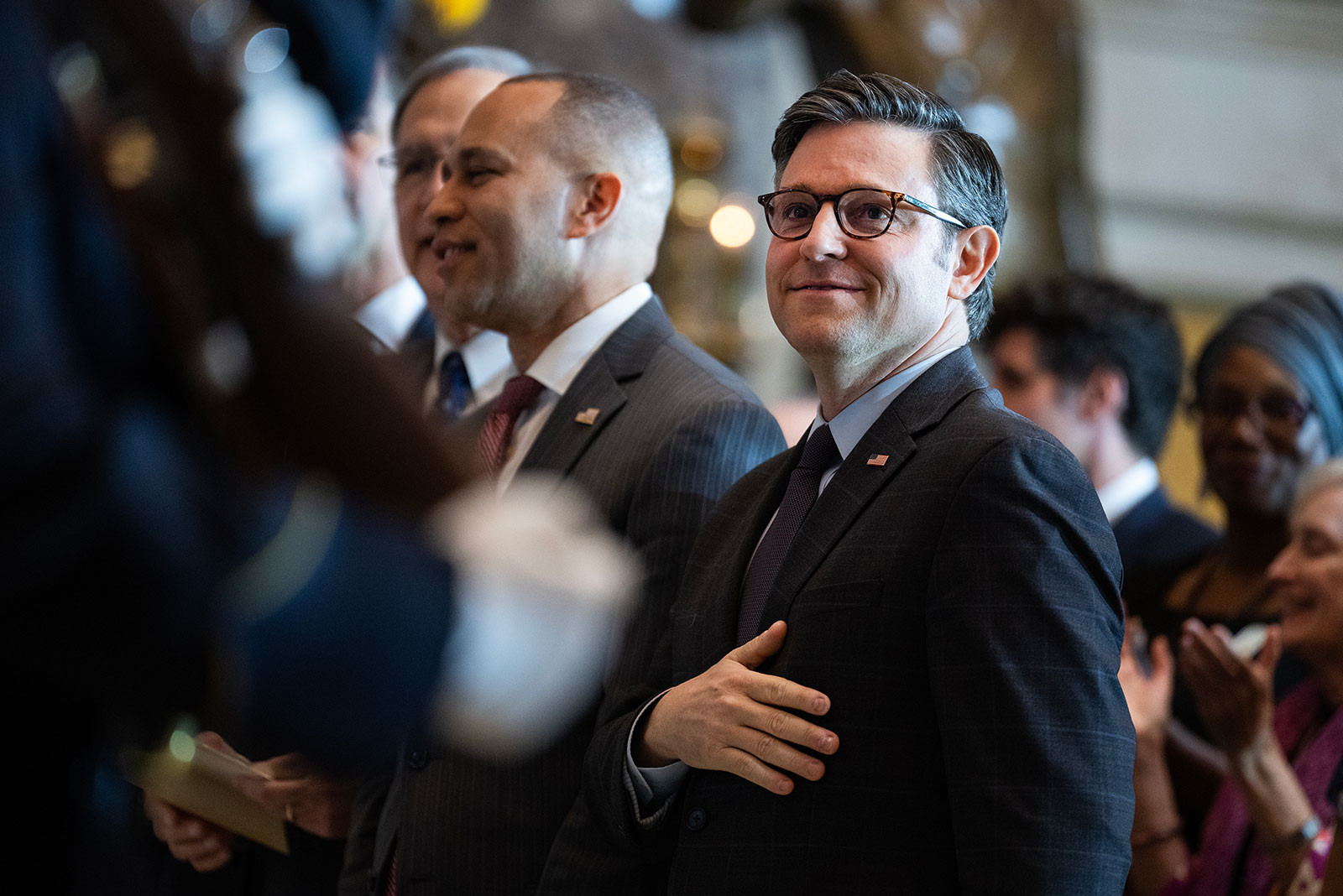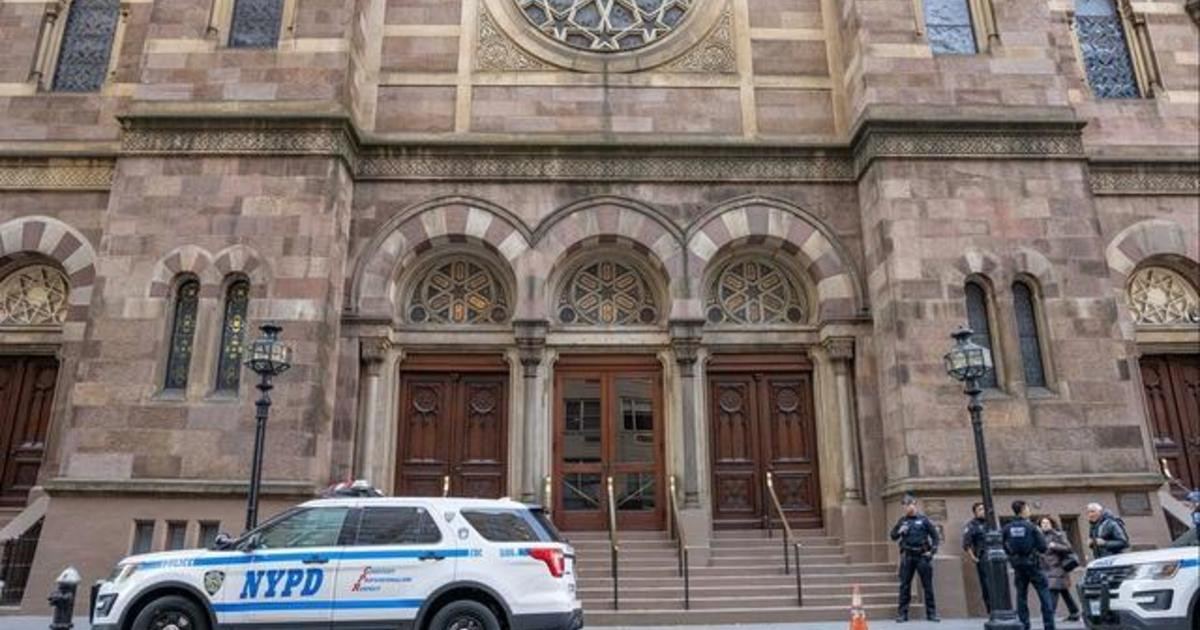House Speaker Election: A Dramatic First Ballot
The 119th Congress convened on Friday, January 3rd, 2025, under a cloud of uncertainty. The first order of business: electing a new Speaker of the House. The highly anticipated vote unfolded into a tense standoff, revealing deep divisions within the Republican party and highlighting the precarious balance of power in Washington. Republican Mike Johnson, despite securing the speakership, faced a dramatic first ballot marked by opposition from within his own party.
The Contested Vote
Republican Mike Johnson, the nominee, needed 218 votes to secure the speakership in the House of Representatives. However, a small but vocal faction of hardline Republicans refused to support him, creating a tense atmosphere on the House floor. The scene was far from the traditional ceremonial start of a new Congress. The lack of unified support underscored the deep divisions among Republicans as they attempted to unite behind a single candidate. Some Republicans publicly voiced their dissent, openly criticizing Johnson's leadership style and policy positions.
The Role of President-elect Trump
Adding another layer of complexity to the situation was the involvement of President-elect Donald Trump. Trump had publicly endorsed Johnson, and his support was instrumental in swaying the wavering Republican lawmakers. During several phone calls, Trump urged the Republicans who were undecided to back Johnson. Trump’s active participation highlighted the significant influence he still holds over the Republican party, even before assuming office.
The Aftermath of the Vote
The vote itself took some time to proceed due to the considerable division that had clearly developed. Several Republicans abstained, while some cast their ballots for alternative candidates within the party. Three particularly notable members included Representative Massie from Kentucky, Representative Norman from South Carolina and Representative Self from Texas. The uncertainty created a dramatic scene in the chamber, with many members expressing their concerns and frustrations openly. The protracted voting process was a stark contrast to the typically swift and routine procedure. The process was ultimately successful due to several last-minute votes switching towards Johnson.
Negotiations and Concessions
Behind the scenes, intense negotiations took place, with Johnson and his allies working tirelessly to persuade reluctant members. Reports indicated that Johnson made several concessions to secure the necessary votes, including promises of increased representation from the conservative wing of the Republican party in key decision-making processes. He also committed to greater transparency and input from all members in legislative discussions and votes. This display of willingness to compromise showed a determination on Johnson's part to unite his party, though the concessions made will no doubt have impact in the days and weeks ahead.
The Path Ahead: Challenges and Uncertainties
Despite securing the speakership, Johnson faces a daunting task. He inherited a slim majority in the House, leaving him constantly at risk of losing his position. The internal divisions that were on display during the vote are likely to continue to pose significant challenges throughout the 119th Congress. The challenges for Johnson include maintaining the unity of his party and navigating the complexities of governing while still being responsible to President-elect Trump.
A New Era in Congress
The 119th Congress also marks a notable milestone in American political representation. With the swearing-in of two Black women senators, Senators Blunt Rochester and Alsobrooks, and the first openly transgender congresswoman, Representative McBride, a new era is dawning. This new congress has made some major moves in the representation of a wider range of voices and perspectives in American politics.
A Narrow Victory, A Precarious Future
Mike Johnson's narrow victory as House Speaker highlights the fragility of the Republican majority and the deep divisions within the party. The events of Friday underscore the significant challenges he faces in leading the House, particularly when reconciling the diverse views and interests of his colleagues and the ambitions of the incoming President. The next two years promise to be turbulent, with Johnson’s leadership constantly tested and his ability to keep Republican unity, or to gain cross-party support, under constant scrutiny.
The narrow victory also serves as a reminder of the volatile nature of American politics, and the high stakes involved in the contest for control of the legislature. The outcome of Friday’s election will have a lasting impact on the legislative agenda for the next two years, shaping the nation’s policy trajectory under the Trump administration. The events of Friday made clear that the political landscape is dynamic, and that success will require skill, compromise and flexibility. The future of the 119th Congress is uncertain, and the challenges ahead are substantial.

















